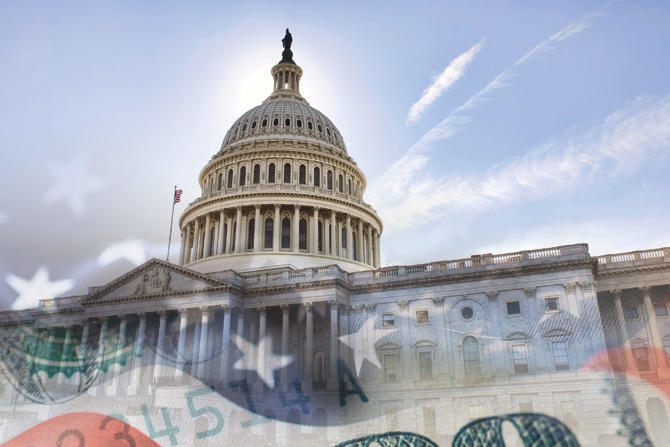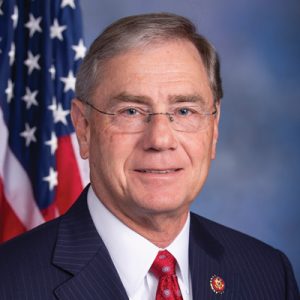Recently, the House Financial Services Committee held a hearing entitled “A Biased, Broken System: Examining Proposals to Overhaul Credit Reporting to Achieve Equity.” Committee Chairwoman Maxine Waters called for this creatively named hearing to gain support for legislation to create a government-run credit bureau within the Consumer Financial Protection Bureau.
Bankers in Colorado understand the value of accurate credit reporting. It is how risk is assessed and interest rates are determined. Incomplete or inaccurate credit reports force banks to either deny loans or raise the cost of credit. As one of the few members of Congress with a banking background — I started my career as a bank examiner then spent over 30 years in the banking and insurance industries — I often find myself explaining these very basic facts to some of my colleagues on the Financial Services Committee, particularly those who believe government control over credit reporting is a good idea.
The bills discussed at the hearing would quite literally give the CFPB the power to determine who is creditworthy in the U.S. by giving the Bureau the authority to decide which portions and how much of a person’s credit history is made available to banks when considering a loan application. Proponents of these bills believe this new, centralized credit bureau would benefit disadvantaged communities that struggle with access to credit. They believe the current system unfairly punishes certain people based on factors out of their control. While we all likely have ideas on how to improve the current credit reporting system, this solution would only exacerbate the problem. Misreporting credit history or limiting available information raises the cost of credit across the board, but particularly for low-income communities — the people reading this know-how to assess and price risk. It takes information, and when that information is limited or altered, you have no choice but to assume additional risk. Not only will that raise costs for low-income borrowers, but it will also eliminate access for some altogether, which is bad for consumers, the banks, and the surrounding communities.
Eighteen months ago, the American economy was ground to a halt. Businesses were shuttered, people were forced to stay at home, and everyone was left to wonder what’s next. When the American People looked to the government for a solution, the government turned to the banks. Through PPP and other rescue programs, banks facilitated the movement of trillions of dollars and were the key factor in their survival for many businesses. Despite the fact that we continue to grapple with loan forgiveness and workforce participation remains low (also thanks to the government), the economy is improving. That wouldn’t be possible without the banks.
While there are plenty of bad ideas floating around in Congress — looking no further than the proposed CFPB credit bureau — there are also efforts to work with the private sector to keep the momentum going. As the Ranking Member of the House Small Business Committee, I’m pushing on the Small Business Administration to improve the forgiveness process and get their other programs in order. I also just recently introduced a bill to replace the single director position at the CFPB with a five-person bipartisan commission. The Bureau is constantly being used as a political football, and its director wields so much power that the Supreme Court grappled with whether the position was even constitutional. Allowing one person to hold such unchecked power over our economy is irresponsible and verges on negligence. My bill would provide increased accountability and transparency so the American people can trust the CFPB to do its job without political motivation.
If you take one thing away from this column, I hope it is this: banks’ participation in our economy and our government is critical. As you can likely tell, my beliefs differ wildly from some of my colleagues, which illustrates the need for private sector input. Banks are often the first to see economic winds changing. You likely know what programs work and don’t work before lawmakers. So, whether it’s to elected representatives or even your regulator, please speak up. You know your business better than anyone else and will be your customers’ and community’s best advocate. Our economy and our government depend on a strong financial system.
Republican Blaine Luetkemeyer represents Missouri’s 3rd District in the U.S. House of Representatives. He serves on the House Financial Services Committee as Ranking Member of the Subcommittee on Consumer Protection and Financial Institutions as well as the Ranking Member of the House Small Business Committee.








